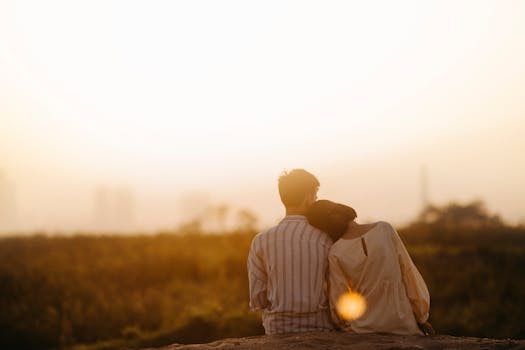Horseback Riding: The Special Relationship Between Man and Horse
Horseback riding is more than just a recreational activity; it is a profound connection between humans and horses that has evolved over thousands of years. This relationship is built on trust, communication, and mutual respect, making horseback riding a unique experience that transcends mere sport or leisure. In this article, we will explore the historical context, the emotional bond, the physical benefits, and the therapeutic aspects of horseback riding, illustrating why this relationship is so special.
The Historical Context of Horseback Riding
The relationship between humans and horses dates back to ancient civilizations. Horses were first domesticated around 4000 BC, primarily for their strength and speed. Over the centuries, they have played crucial roles in agriculture, transportation, and warfare. The evolution of horseback riding can be summarized in several key points:
- Transportation: Horses revolutionized travel, allowing for faster movement across vast distances.
- Agriculture: Horses were essential in farming, helping to plow fields and transport goods.
- Military Use: Cavalry units were pivotal in many historical battles, showcasing the horse’s importance in warfare.
- Recreation: Over time, horseback riding evolved into a popular leisure activity, leading to various equestrian sports.
Today, horseback riding is not only a sport but also a way to connect with nature and experience the joy of riding alongside these magnificent animals.
The Emotional Bond Between Man and Horse
The emotional connection between a rider and their horse is often described as a partnership. This bond is cultivated through consistent interaction, training, and care. Horses are highly intuitive animals, capable of sensing human emotions and responding accordingly. Research has shown that:
- Horses can recognize human facial expressions and can differentiate between happy and angry faces.
- They respond to the emotional state of their riders, which can influence their behavior during riding.
- Many riders report feeling a sense of calm and happiness when spending time with their horses, highlighting the therapeutic nature of this relationship.
Case studies have demonstrated that individuals who engage in horseback riding often experience reduced stress levels and improved mental health. The act of riding requires focus and mindfulness, allowing riders to escape from daily pressures and connect with their horse on a deeper level.
The Physical Benefits of Horseback Riding
Horseback riding is not only emotionally rewarding but also physically beneficial. Engaging in this activity can lead to numerous health advantages, including:
- Improved Core Strength: Riders must maintain balance and posture, which strengthens core muscles.
- Enhanced Coordination: Riding requires coordination between the rider’s movements and the horse’s actions.
- Increased Flexibility: The dynamic nature of riding promotes flexibility in the hips, legs, and back.
- Cardiovascular Health: Riding can be a moderate to vigorous exercise, improving heart health and endurance.
Statistics indicate that regular horseback riding can burn between 200 to 600 calories per hour, depending on the intensity of the activity. This makes it an enjoyable way to stay fit while building a bond with a horse.
Therapeutic Aspects of Horseback Riding
Equine-assisted therapy has gained recognition for its effectiveness in treating various mental health issues, including anxiety, depression, and PTSD. The presence of horses can provide comfort and support, making them valuable partners in therapeutic settings. Some key points include:
- Emotional Healing: Interacting with horses can help individuals process emotions and develop coping strategies.
- Social Skills Development: Working with horses often involves teamwork and communication, fostering social interaction.
- Confidence Building: Successfully riding and caring for a horse can boost self-esteem and confidence.
Programs that incorporate horseback riding into therapy have shown promising results, with many participants reporting significant improvements in their mental well-being.
Conclusion
The relationship between man and horse is a testament to the power of connection, trust, and mutual respect. From its historical roots to its modern-day applications in therapy and recreation, horseback riding offers a unique blend of emotional, physical, and psychological benefits. Whether for sport, leisure, or healing, the bond formed through horseback riding is truly special, enriching the lives of both humans and horses alike. As we continue to explore and nurture this relationship, we unlock the potential for personal growth, healing, and joy that comes from sharing our lives with these magnificent creatures.
